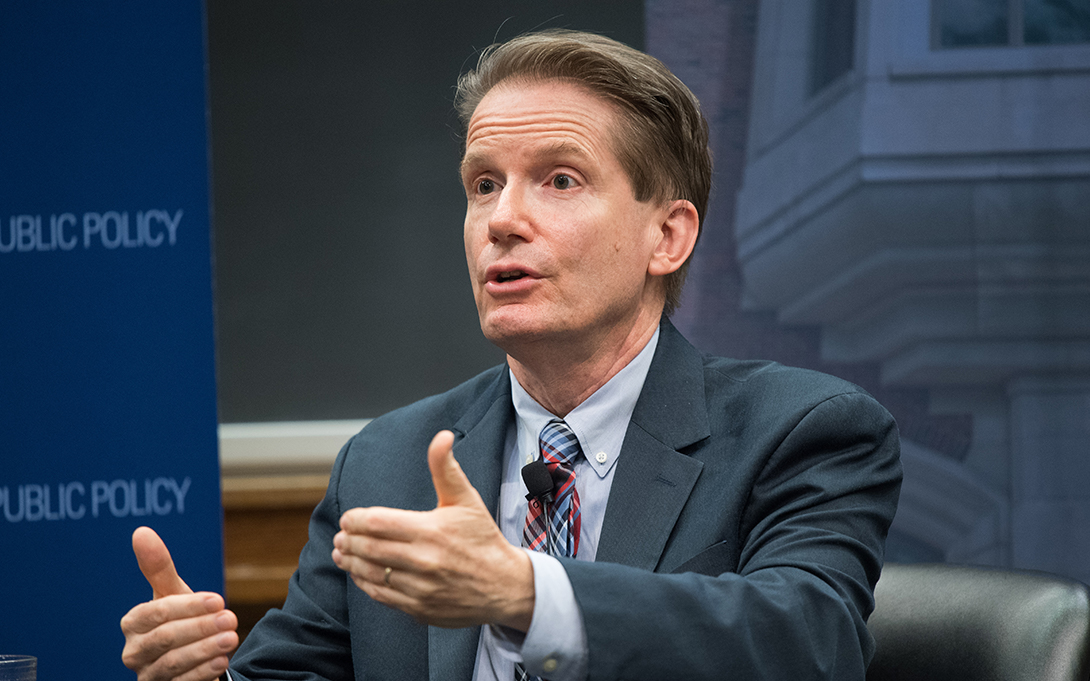
In a FixGov blog for the Brookings Institution, Ford School professor Barry Rabe argues that environmental policy has been shaped for too long by executive order and administrative powers rather than more enduring legislation.
"So should the 46th president follow in the footsteps of his immediate four predecessors, possibly as soon as January 2021, and prepare a more far-reaching set of environmental initiatives for an early-term administrative launch, regardless of what happens on the legislative front?," he asks.
Rabe lists some of the policy options being presented to former Vice President (and presumptive Democratic presidential nominee) Joe Biden: "Rejoining the Paris Climate Agreement is easy but is only the start. Among numerous other options in circulation: Declare a climate emergency and reallocate resources. Block pipeline construction and restrict pipeline use. Halt drilling on federal lands and use of fracking technology across the nation. Ban all fossil fuel imports and exports. Place a carbon adjustment fee on imported goods produced through carbon-intensive processes."
He warns, "Any such all-out administrative strategy would generate fierce opposition from many states and interests, spanning litigation to compliance refusals. It would trigger a political backlash that could poison any potential legislative initiative regardless of post-election partisan control."
You can read the entire article here.
Barry Rabe is the J. Ira and Nicki Harris Family Professor of Public Policy at the Ford School. He is also the Arthur Thurnau Professor of Environmental Policy, with courtesy appointments in the Program in the Environment, the Department of Political Science, and the School for Environment and Sustainability. A non-resident senior fellow at the Brookings Institution, Barry directed the Ford School's Center for Local, State, and Urban Policy (CLOSUP) from 2012-2019 and was a visiting fellow at the Woodrow Wilson International Center for Scholars in 2015. His research examines climate and energy politics, and his most recent book, Can We Price Carbon? (MIT Press) was released in 2018. He has received four awards for his research from the American Political Science Association, including the 2017 Martha Derthick Award for long-standing impact in the fields of federalism and intergovernmental relations. In recent years, Barry has chaired the Assumable Waters Committee of the U.S. Environmental Protection Agency and has served on recent National Academy of Public Administration panels examining the Departments of Commerce and Interior as well as the Oklahoma Corporation Commission. He is currently a member of the U-M Carbon Neutrality Commission.